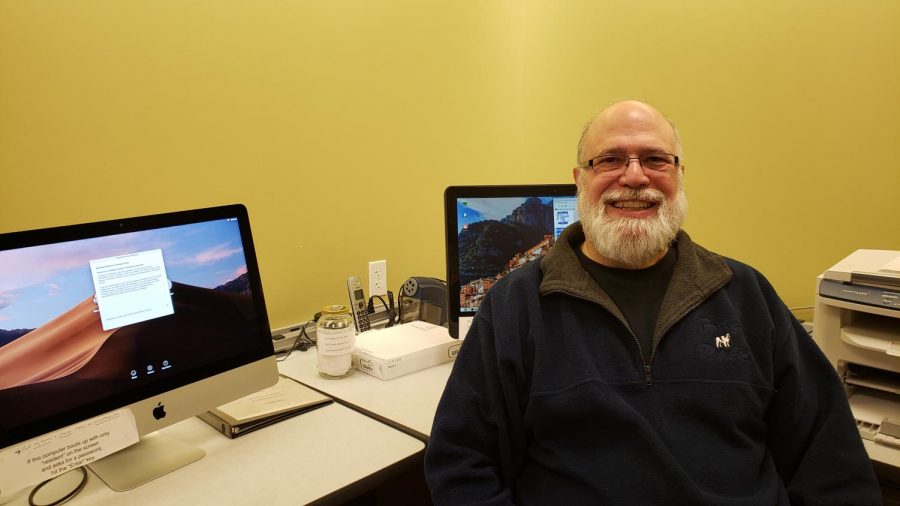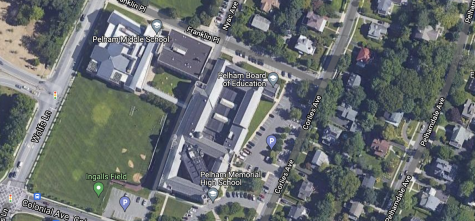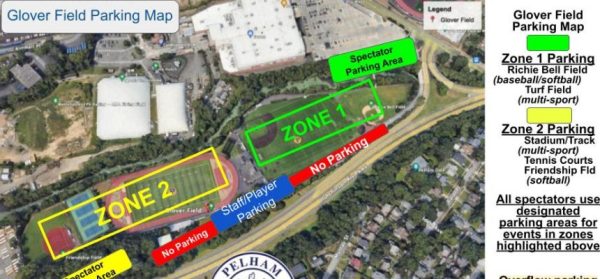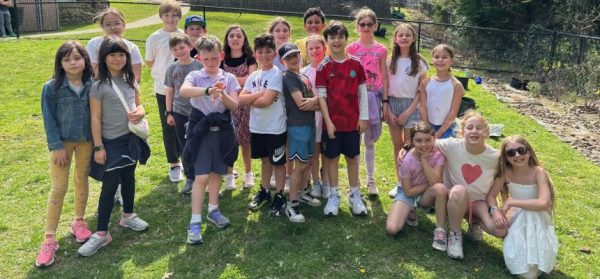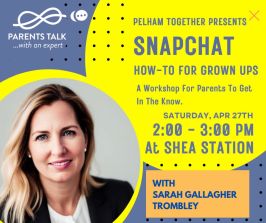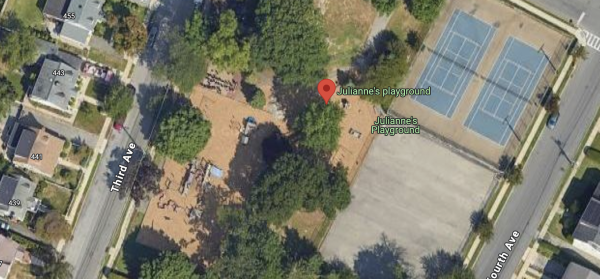Westchester computer enthusiasts donate PC time to help with coronavirus cure
Editor’s note: This press release was provided by the Westchester County computer club.
Members of a Westchester County computer club are assisting researchers to battle the Coronavirus from the comfort of their homes and are looking for others to join. To participate, volunteers simply donate unused number-crunching power from their personal computers. In doing so, local residents help distant virus researchers, who stitch together “distributed” computing capacity for bio-molecular research into “folding.”
The local club—Westchester PC Users Group (www.wpcug.org)—will conduct a free open Zoom workshop July 27-Monday at 7pm for others who want to join the effort. Anyone interested should email [email protected].
Sleepy Hollow-resident Joe Bruno is one of four locals already “folding” who are members of WPCUG. The home computer club for enthusiasts was founded in 1981 that today has 170 area members.
Bruno lets distant researchers tap six computers in his home. “It’s great to take something that I enjoy–playing with computers—and use it for the good of mankind,” says Joe Bruno, who is a retired computer consultant.
The national research—run by the non-profit Folding@Home Consortium (FAHC)—studies the molecular structures of human protein and seeks a cure for related diseases. Under a microscope, the human proteins look like ribbons dotted with balls that naturally combine in what is called “folding.” But sometimes they “mis-fold,” activating malignant cells such as cancer cells. Scientists run vast number of simulations—which require the distributed computing capacity—to understand protein architecture and sequencing, to design cures for mis-folding. Promising simulations are then subject to later-stage experiments.
The folding project website https://foldingathome.org/covid-19/ explains: “By using distributed computing, we can split up the simulation, run each piece through a computer, and then combine them together afterwards. This really sped up our results.” Researchers from Stanford University and Washington University in St. Louis take the lead.
To participate locally in folding requires downloading computer software that takes under a half hour to install. Bruno says that donating computer time is fairly seamless, although participants will use more electricity and generate more heat because their computers will be working harder. Bruno adds that participants have the option of donating computer time when their computers are not in use or all the time.
The Zoom online workshop on folding is part of a WPCUG initiative offering free summer membership through August 31, where computer enthusiasts can plug in to the club’s 15 monthly workshops to sample activities. Workshop topics include digital photography, photo editing, mobile devices, upgrade & repair, Windows, macOS and the web show. Annual membership is only $50/year. For further information, contact [email protected]..



